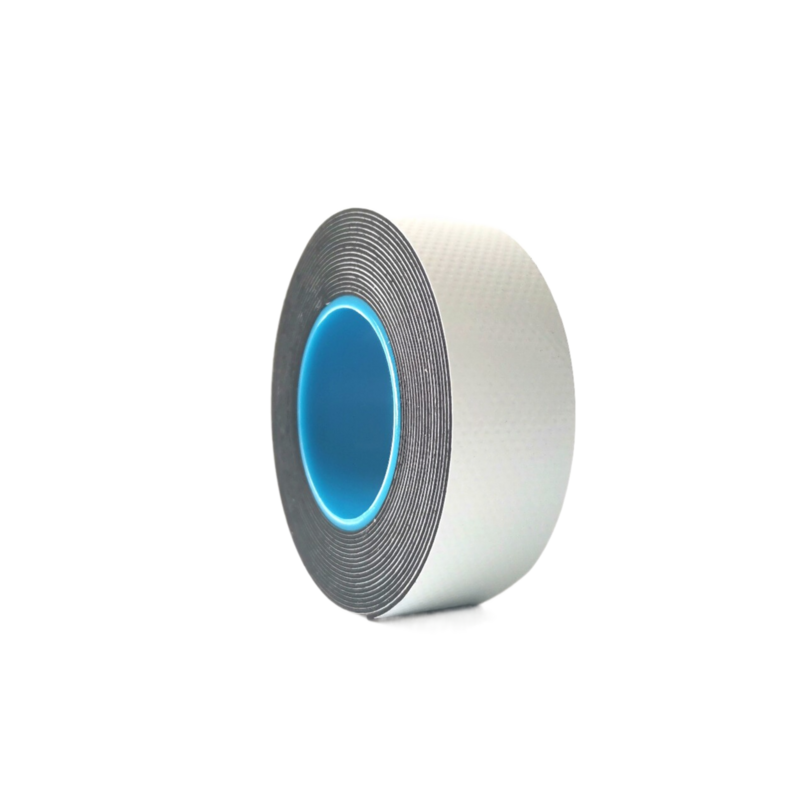The Benefits of PVC Tape Insulation
PVC tape insulation is an essential component in a variety of industries, including electrical, automotive, and construction. It is renowned for its versatility, durability, and ease of use, making it a popular choice for professionals and DIY enthusiasts alike. This article explores the features, applications, and benefits of PVC tape insulation, highlighting why it deserves a place in every toolbox.
What is PVC Tape?
PVC (Polyvinyl Chloride) tape is a type of plastic tape that is widely used for electrical insulation. It is characterized by its high tensile strength and flexibility, which allows it to conform to different surfaces easily. Available in various colors and thicknesses, PVC tape is primarily used for insulating electrical wires and cables, providing safety and protection against short circuits and electrical hazards.
Key Features
1. Insulation Properties One of the primary advantages of PVC tape is its excellent electrical insulating properties. It can withstand high voltages and effectively prevents the flow of electricity, making it ideal for use in electrical installations.
2. Weather Resistance PVC tape is resistant to moisture, UV rays, and extreme temperatures. This makes it suitable for both indoor and outdoor applications, ensuring long-lasting performance in varying environments.
3. Chemical Resistance Many PVC tapes are formulated to resist chemicals, oils, and solvents, which is crucial for use in automotive and industrial settings where exposure to such substances is common.
4. Easy to Use PVC tape is easy to cut and apply. It adheres well to a variety of surfaces, ensuring a secure seal. The self-adhesive backing allows for quick application without the need for additional adhesives or tools.
Applications
PVC tape insulation is utilized in numerous applications
pvc tape insulation

- Electrical Wiring The most common use of PVC tape is in wrapping electrical wires and cables to provide insulation and protection against electrical shocks.
- Automotive Repairs Mechanic shops frequently rely on PVC tape for wiring repairs and ensuring that electrical connections within vehicles are insulated against moisture and corrosion.
- Construction In the construction industry, PVC tape is used for securing and insulating electrical components in buildings, making it a staple for electricians
.- HVAC Systems PVC tape is also employed in heating, ventilation, and air conditioning systems to seal ducts and insulate pipes, improving energy efficiency.
Benefits
1. Cost-Effective PVC tape is an affordable insulation solution that minimizes the need for more expensive materials. Its durability also means that fewer replacements are necessary over time.
2. Safety By providing reliable insulation, PVC tape reduces the risk of electrical hazards, ensuring the safety of equipment and individuals.
3. Versatility With its wide-ranging applications, PVC tape can be used in many sectors, making it a multifunctional tool that can cater to various insulation needs.
4. Long Lifespan The weather-resistant and durable nature of PVC tape ensures that it maintains its insulating properties over time, reducing the frequency of repairs and replacements.
Conclusion
In summary, PVC tape insulation is a powerful tool that offers numerous benefits for both professionals and DIY enthusiasts. Its exceptional insulating properties, ease of use, and versatility make it an invaluable asset across various industries. By investing in quality PVC tape, users can enhance safety, improve efficiency, and ensure the longevity of their electrical installations. Whether you are working on a complex project or a simple home repair, having PVC tape insulation on hand is always a wise choice.
-
XIANGFAN Rubber Tape-Ultimate Solutions for All Your Insulation NeedsNewsJun.24,2025
-
XIANGFAN Rubber Tape-Protection for Industrial and Residential ApplicationsNewsJun.24,2025
-
XIANGFAN Rubber Tape: Superior Safety and Sealing for Demanding EnvironmentsNewsJun.24,2025
-
XIANGFAN Rubber Tape: Reliable Solutions for Every Electrical ChallengeNewsJun.24,2025
-
XIANGFAN Electrical & Industrial Tape: Powering Reliability Across IndustriesNewsJun.24,2025
-
XIANGFAN Electrical & Industrial Tape: Excellence in Every ApplicationNewsJun.24,2025
